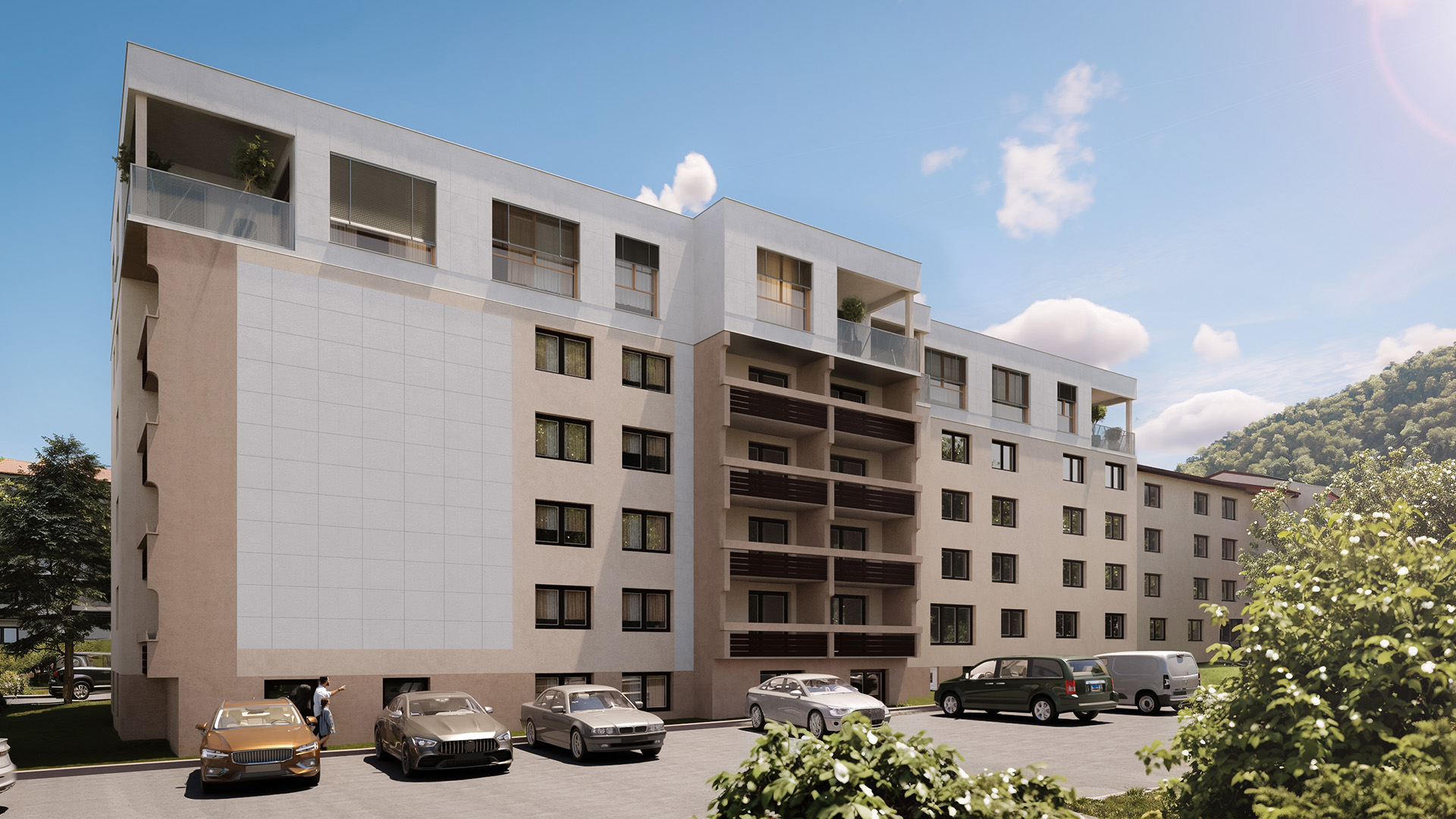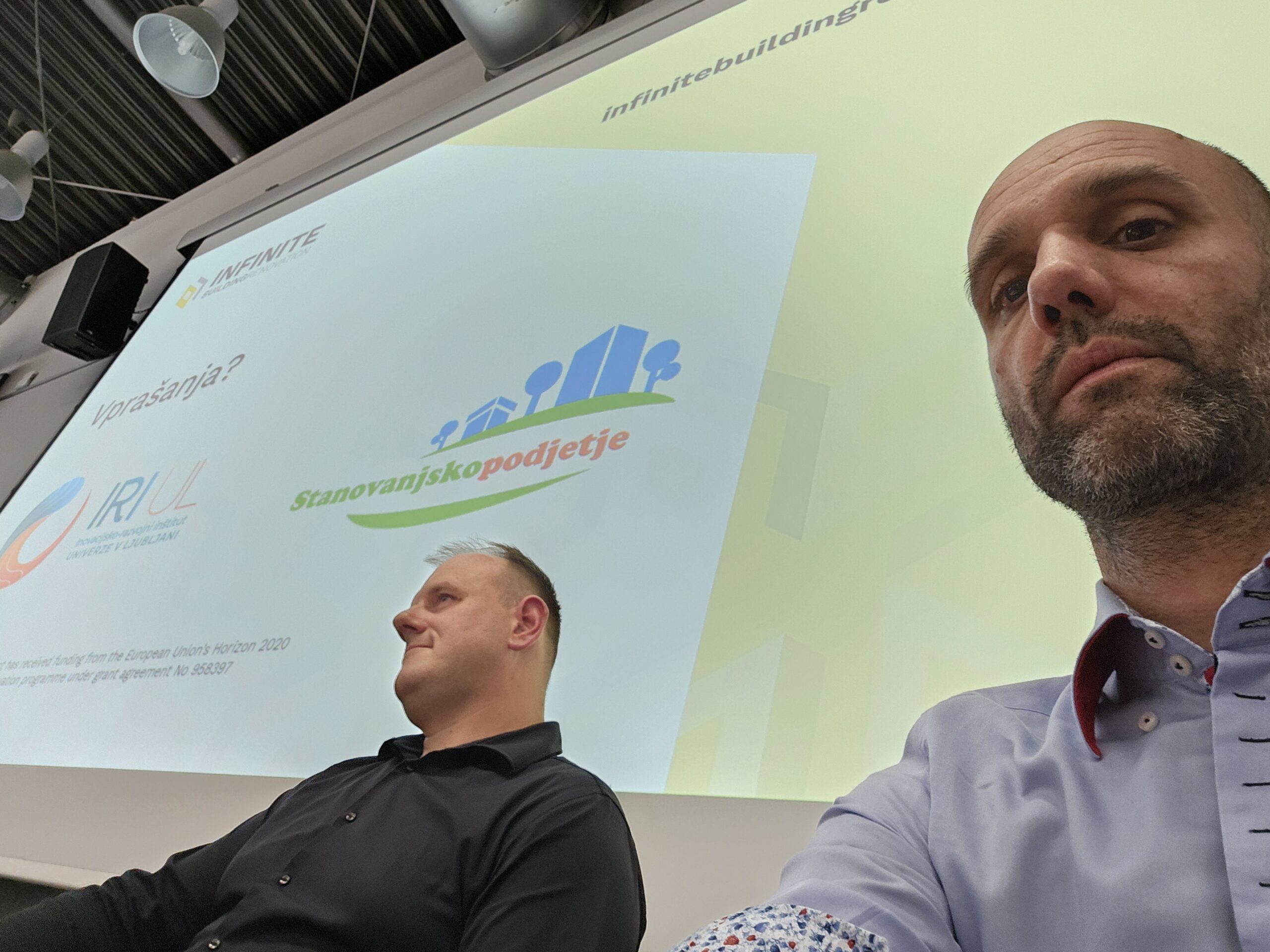26.05.2025
Through New Practices to Sustainable Buildings – Hub for Sustainable Renovation and Construction of Buildings 2025
May 21, 2025, the second conference of the Hub for Sustainable Renovation and Construction of Buildings took place, titled “Towards Sustainable Buildings through New Practices.”
A systematic approach to sustainable renovation
The conference addressed key aspects of sustainable renovation – from legislative and environmental, to social, technical, and economic. In the foreground were calls for: decarbonisation of the building stock, adaptation to climate change, a comprehensive treatment of existing buildings, including seismic safety, which was also highlighted by the minister, more effective spatial planning – which we are partly addressing within neighbourhood renovations (BARRIO), promotion of the circular economy, especially the reuse of construction materials, and the establishment of support structures (OSS) for owners and project implementers, which, for example, we are working on within Renov-AID.
Also emphasised was the need to upgrade knowledge and to introduce mandatory criteria of sustainable construction into design and competition processes.
Presentation of the demonstration project within INFINITE
Special attention was drawn by the presentation of the demo renovation project of a multi-apartment building in Ravne na Koroškem, presented by MSc Jure Vetršek (IRI UL) and Gregor Sagadin (Stanovanjsko podjetje d.o.o.). The project is part of the European INFINITE programme, which focuses on the industrialisation of renovations using prefabricated multifunctional wooden panels.
The project on a block with 71 apartments demonstrates how modular solutions can significantly accelerate the renovation of the building stock, while enabling low-carbon, energy-efficient, and aesthetically refined renovation. A wooden storey was added, which increases housing density.
Among the main messages of the conference stands out the need for sustainable construction to gain its place in the strategic development of the country, including the allocation of responsibilities within the existing administrative structure.
The conference showed that in Slovenia we have the knowledge, technologies, and examples of good practice, which must be systematically supported. Initiatives such as INFINITE represent the direction for the future – where renovation is not just a technical task, but a strategic response to the climate crisis, energy efficiency, and quality of living.


